New solutions for a new era!
At the dawn of a new era for education, the governments of OECD countries committed themselves back in 2018 toa vision for education by 2030. This vision is based on inclusive, equitable, quality education and lifelong learning for all.
As our societies evolve, we wonder what the future of education will look like. How will education systems adequately prepare children for tomorrow's world?
This world is constantly changing: technological advances, increased mobility, demographic shifts, growing inequalities, threats to the environment... It's becoming increasingly complex, uncertain and challenging. All these changes affect the way we live and work. The education system, too, must adapt and prepare our children for tomorrow's jobs and for a better life in a constantly changing environment.
Skills to transform and shape tomorrow's future!
If we want to build more peaceful and supportive societies we need to start not only in the classroom, but also with individuals so that learners can develop critical thinking, creativity, adaptation, curiosity to learn, a sense of responsibility and finally the ability to reconcile tensions and dilemmas (solve a problem).
Education must prepare learners to live together by developing empathy, tolerance and respect for diversity. Education systems must also impart the skills they will need to become active, responsible and engaged citizens. to become active, responsible and engaged citizens.
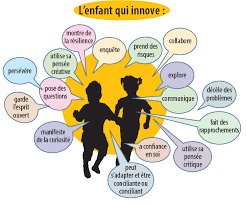
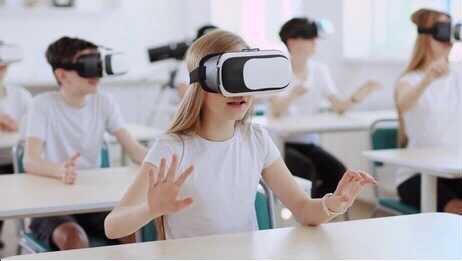
THE FRENCH EDUCATION SYSTEM IS LAGGING BEHIND!
However, most French education systems are still a long way from equipping individuals with these essential skills. In fact, France is ranked among the bottom of the world in this respect...
So how can we make it a reality?
First and foremost, these skills must become a priority in our education policies.
Teachers need to be supported and equipped with innovative strategies so that they become facilitators of learning, not just transmitters of information.
They can then encourage their students to work as a team and live in harmony with the world around them.
We also need assessments that go beyond tests and examinations, and focus on these skills to truly reflect the many talents and abilities of individuals.
But the role of education systems should not be isolated in this change of strategy. Each and every one of us, whether we are decision-makers, educators, parents or even students, must take action.
HOW TO WORK ON 21st CENTURY SKILLS WITH YOUR CHILDREN?
Developing children's curiosity:
It's important to make our children understand that curiosity is the key to opening up to others and better understanding their environment. Children's learning begins with their curiosity. This will encourage them to seek out information on a subject they're discovering, and then to make it their own and share it with others. Curiosity naturally stimulates personal development.
Respecting critical thinking :
This respect fosters exchange between two individuals and refines each person's thinking. Critical thinking also means not feeling superior to others. It opens up the possibility of taking a different look at what we usually think. Children instinctively develop other points of view, which can help them grow.
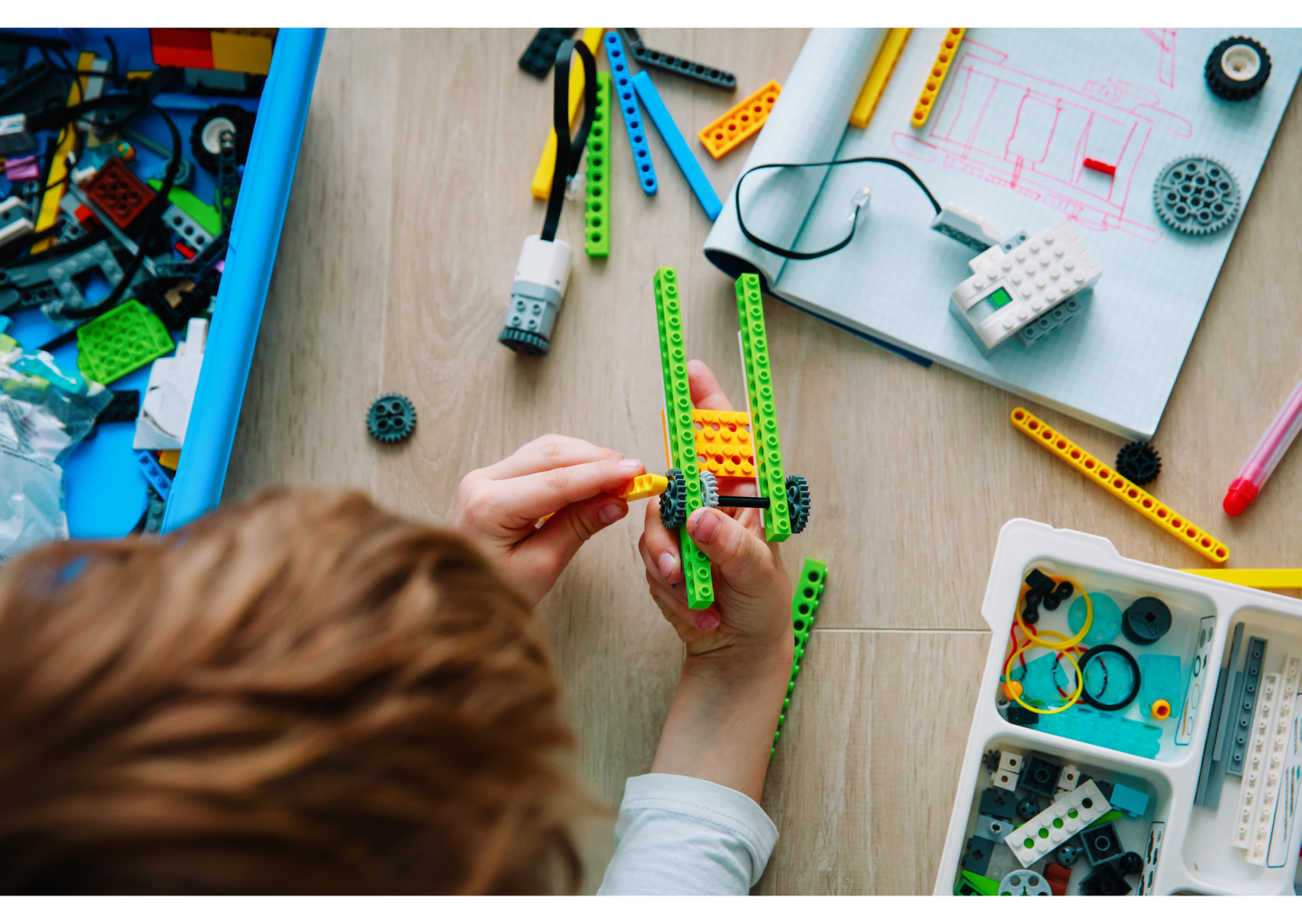
Teach her to open up to others:
Teaching your child to recognize and respect diversity, while emphasizing the benefits it brings (multiplicity of opinions and intellectual stimulation, rich cultural differences, increased creativity, etc.), will also enable him or her to apprehend difference calmly, and not perceive it as a danger. It also means helping them to better accept the unknown and uncertainty, thereby facilitating their ability to adapt. Our environment is becoming increasingly international, and our children need to be able to evolve without constraint.
Promoting intellectual autonomy :
It enables children not to be dependent on others, to have an opinion of their own, and thus to promote their well-being. Empowerment also means making them more responsible for the actions they undertake.
Empowering your child:
Passing on responsibilities to your child will help him or her become aware of the role he or she will play in a community. Germain Duclos, psycho-educator and orthopedagogue, states that "To carry out this task successfully, parents must be fully committed to their children, establish safe rules of conduct and practice encouraging discipline.
As you can see, we need to be aware of these changes, necessitated by the evolution of our society, and provide our children with the best possible support on these various issues. Each and every one of us must change and rethink our educational outlook.
The aim of Soft Kids is to help you fulfill your role as parents by cultivating children's behavioral skills as a family!
Feel free to test the application and give us your feedback.
Assa Diawara
Assistant Educational Engineer at Soft Kids.

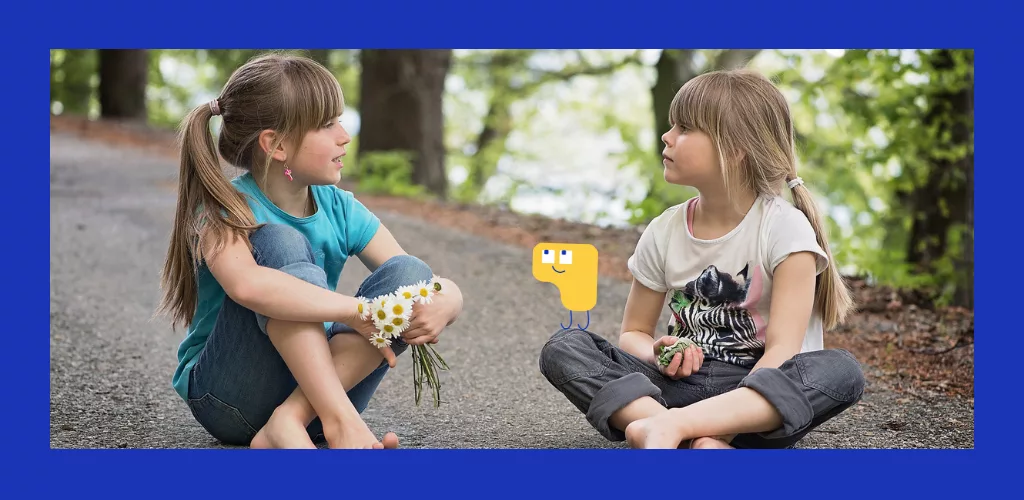
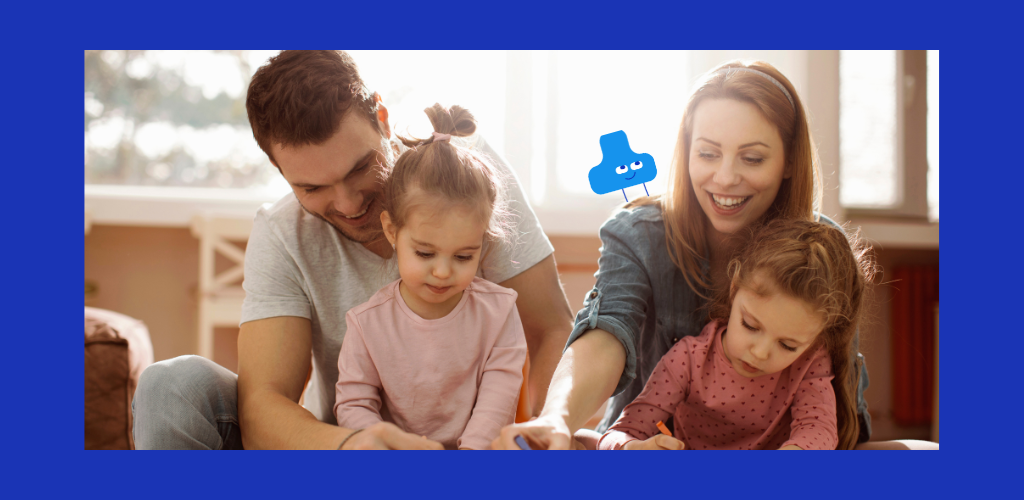
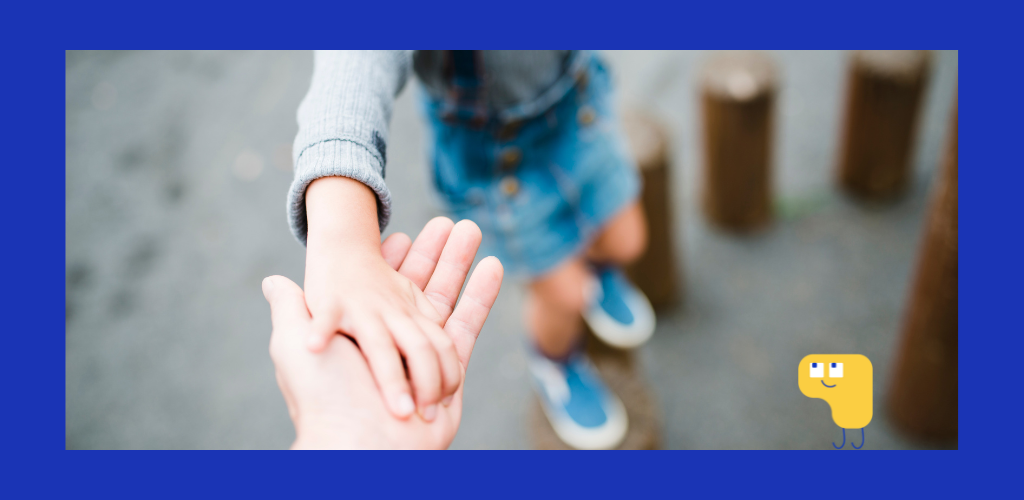
0 comments